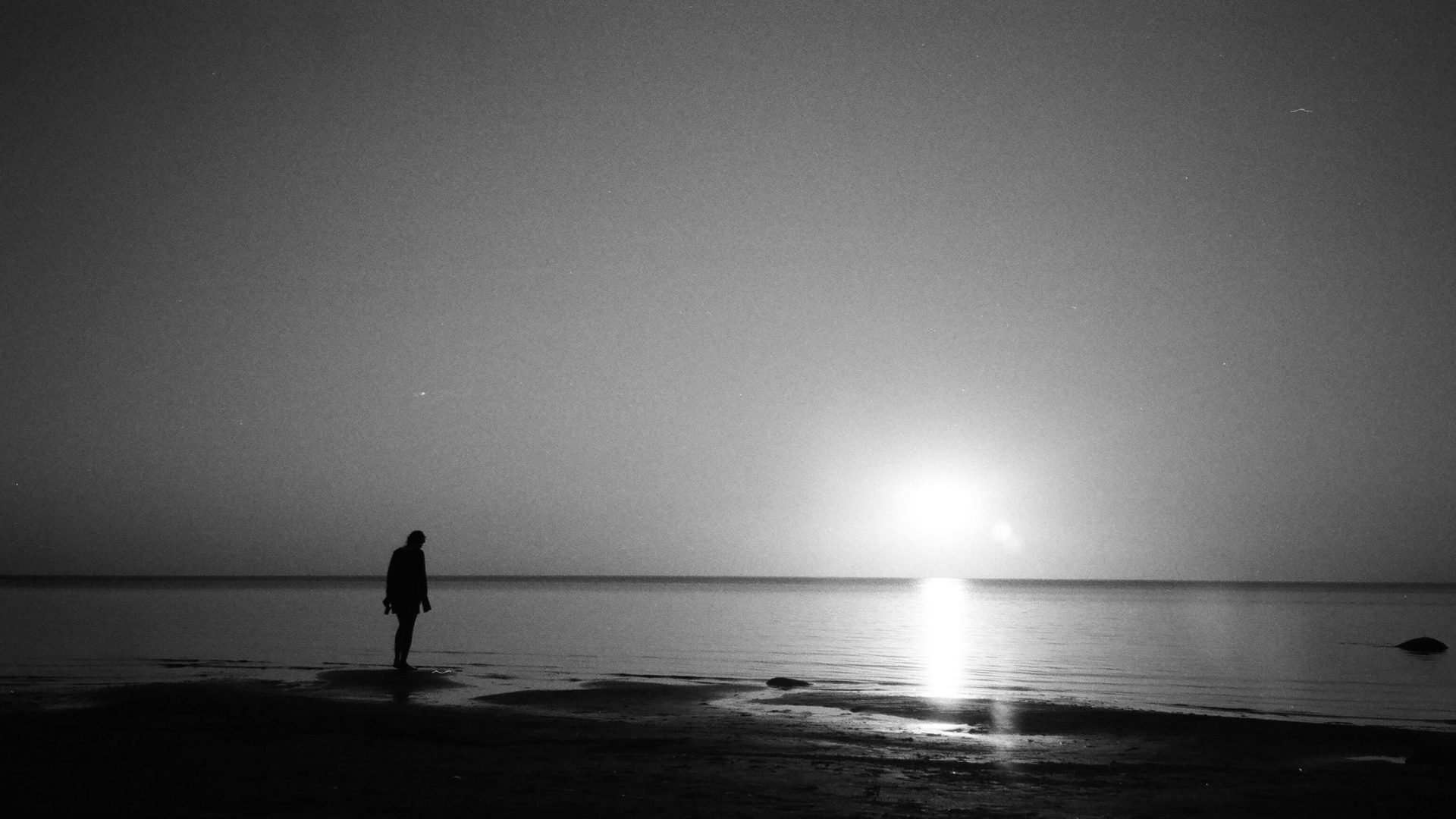Does the chaos that follows Disclosure have to be of a religious nature? In the podcast linked above [Dr. Steven Greer: Did Aliens Help Build the Pyramids of Giza? (Part 16)], Greer discusses a conversation with a JPL employee who suggested that certain obelisk-like structures on Mars are intentionally obscured to prevent potential religious turmoil.
We have reached a pivotal moment in human history where Science has evolved beyond a mere tool for explaining our experiences; it now shapes our understanding of reality itself. Anything that cannot be explained through scientific means is dismissed as unreal, and only scientific explanations are deemed valid. Unlike Religion, which was historically used to interpret the world, Science has not been afforded unquestioned authority.
When we encounter unidentified aerial phenomena that challenge our understanding of Physics, or when we meet beings capable of communication without language, traveling at extraordinary speeds without physical harm, and exhibiting anatomical features that defy our understanding of evolution, the response should not be religious but scientific. It is through Science—rather than Religion—that we are equipped to discern and challenge these experiences. Science alone can inform us that, irrespective of the evidence before us, what we perceive may not be real.

Your post raises some compelling points about the potential impact of Disclosure on our understanding of existence, science, and religion. While it’s true that scientific inquiry has drastically reshaped our worldview, the idea that Disclosure could necessarily lead to religious upheaval might be too simplistic.
Firstly, it’s important to recognize that science and religion serve different purposes. Science seeks to understand the natural world through observation, experimentation, and rational explanation, while religion often addresses questions of meaning, morality, and existence that science may not be equipped to handle. Thus, the implications of extraterrestrial contact, or advanced technologies that challenge our current scientific understanding, may not inherently disrupt religious beliefs for everyone.
Many people integrate scientific discoveries into their belief systems without feeling that their faith is compromised. In fact, some religious interpretations might adapt or expand to incorporate new understandings of the universe. The idea of a universe filled with intelligent life can resonate with certain theological perspectives, inspiring awe and a deeper exploration of what it means to exist.
Moreover, the fear that such revelations will lead to widespread chaos or upheaval might stem from a misunderstanding of human resilience and adaptability. Throughout history, humanity has faced paradigm shifts brought on by scientific advancements — from heliocentrism to evolution. Each of these moments led to debate and introspection rather than outright rejection of all prior beliefs.
As we encounter phenomena that challenge our established understanding of physics and biology, the focus should perhaps be on collaboration between scientific inquiry and philosophical or spiritual frameworks. Rather than viewing this as a conflict, we might see it as an opportunity for a richer dialogue about existence, consciousness, and the nature of reality itself.
Ultimately, while scientific discourse will undoubtedly shape our understanding of the implications of Disclosure, it doesn’t have to lead to a religious upheaval but rather could foster a nuanced discussion that respects both realms.